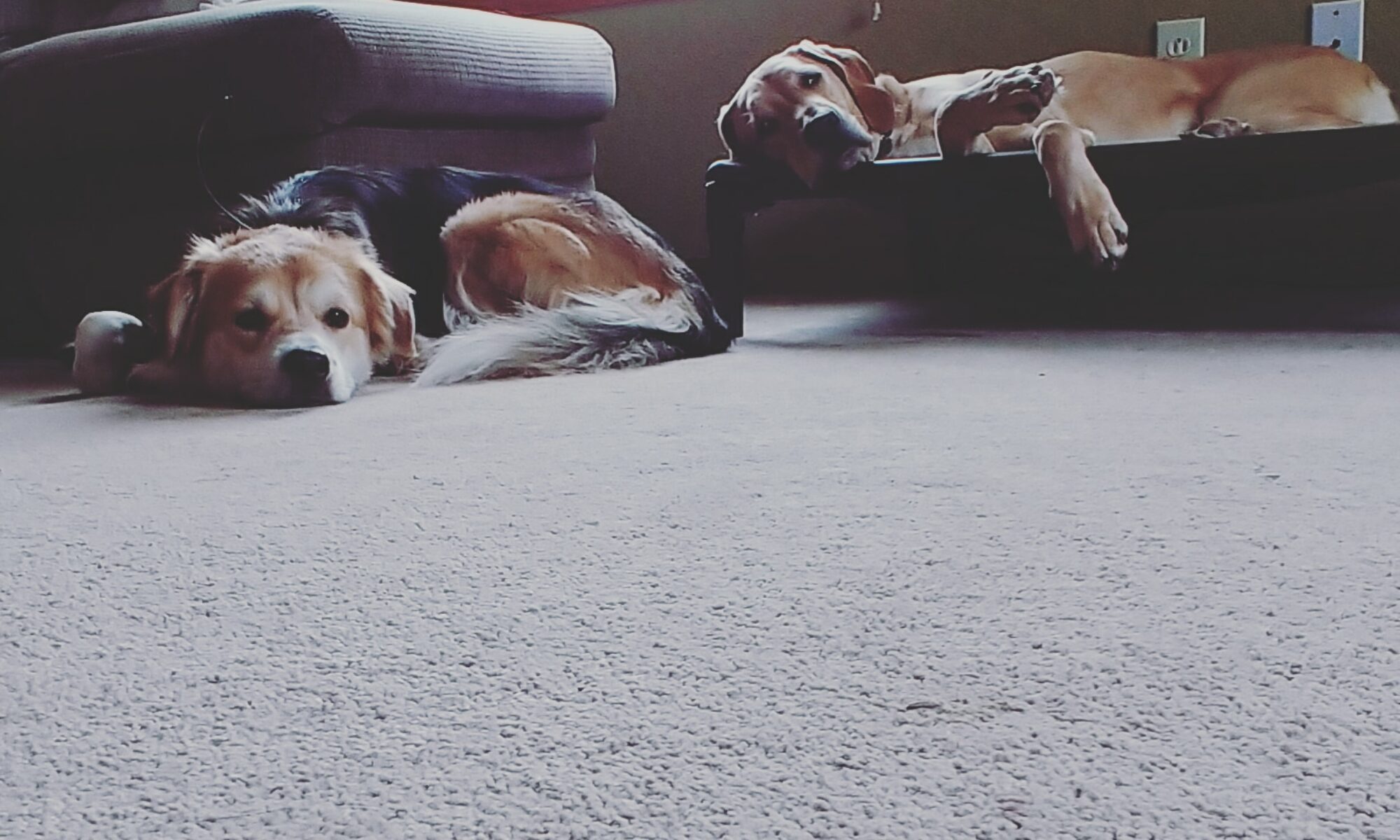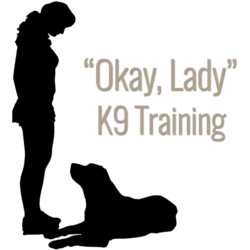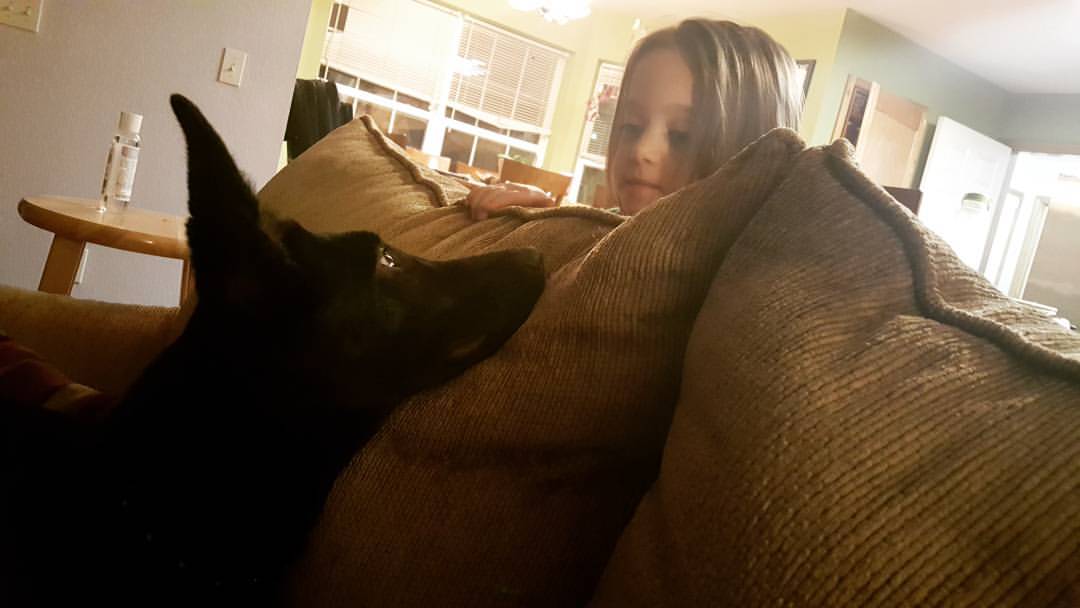We all worry about trying to do too much too soon with the puppy we bring home. Likewise, there's a worry of trying to unsuccessfully train a dog at an older age. Some of the more common questions that I get are, "At what age should I begin training my puppy?", and "Is my dog too old to train?" Let's start with the first question.
At what age should I begin training my puppy? Regardless of your puppy's age, you can begin training. As soon as I bring a puppy home, I immediately begin working on crate and potty training. These are both areas that you want your dog well versed in for its entire life. The earlier you start this, the easier both you and your puppy's lives will be. *For information on how to crate and potty train your puppy click here.
Is my dog too old to train? I'm sure you've heard that saying, "You can't teach an old dog new tricks." This is a myth. In fact, it's actually an excuse. It doesn't matter how old your dog is, it is capable of learning. We have worked with several dogs 6 years and older, the oldest being 13 years old. This old guy came to me a year ago with separation anxiety and dog aggression. With his owner's help through continued training and support, even at 14, he continues to improve. He is now trustworthy to enough that his owner can tell him "no" when he looks at another dog and he completely ignores it. His separation anxiety has also improved drastically. No more drooling and no more trying tearing up crate trays.
Here's the truth behind dog ownership and training. As long as you are interacting with your dog, you are training. In all the things you require from your dog, allow your dog to do, and refuse your dog to do, your dog is learning.
Our programs are set up to help you with your beginning at 12 weeks old with no maximum age. Click here for more information about each of our training programs.



